Biological Physics
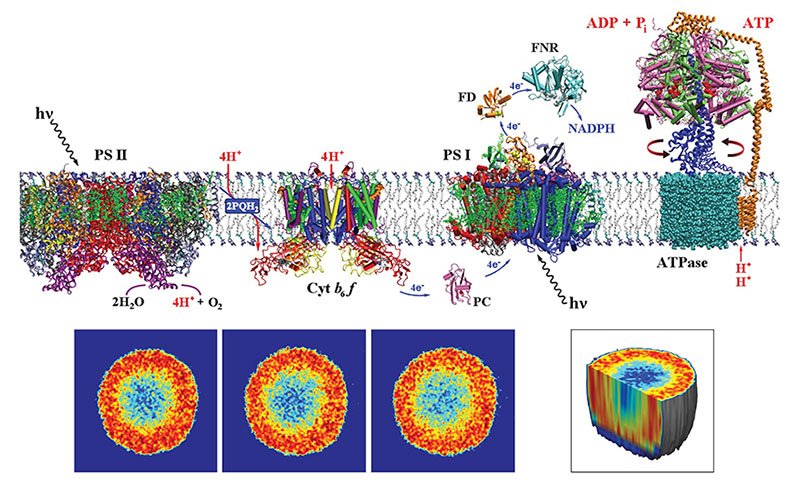
What sets Biological Physics apart from Biology
“What is Life?”, the famous question posed by Erwin Schrödinger in 1943, brought a physicist’s perspective to the biological sciences and opened the door on the mathematical and statistical explanations of complex living processes. Today, biological physics research uses a broad array of physics tools, ranging from nonlinear science and complexity theory to high-precision spectroscopy. What sets Biological Physics apart from Biology is our reliance on fundamental principles of physics to find universals within the complexities of life.
The Biological Physics Group is interdisciplinary
The Biological Physics Group in the Department of Physics and Astronomy at Purdue University is highly interdisciplinary, using computational, physical, and chemical methodologies to investigate the complex problems that occur at the interface of biology and physics. Members of our group are pursuing:
- Artificial photosynthesis, with the goal of producing chemical energy from the power of sunlight;
- Cancer research, using physics principles to help prevent cancer or to improve cancer care for patients;
- Cellular mechanics and dynamics to explain how cells and molecules act and work to fulfill their functions;
- Information transduction within and across cells;
- The physics of metals in the brain (both beneficial and harmful) in their roles for energy transduction or the induction of neurological disease;
- Quantum biology, exploring the origins of electronic properties and functions of biomolecules.
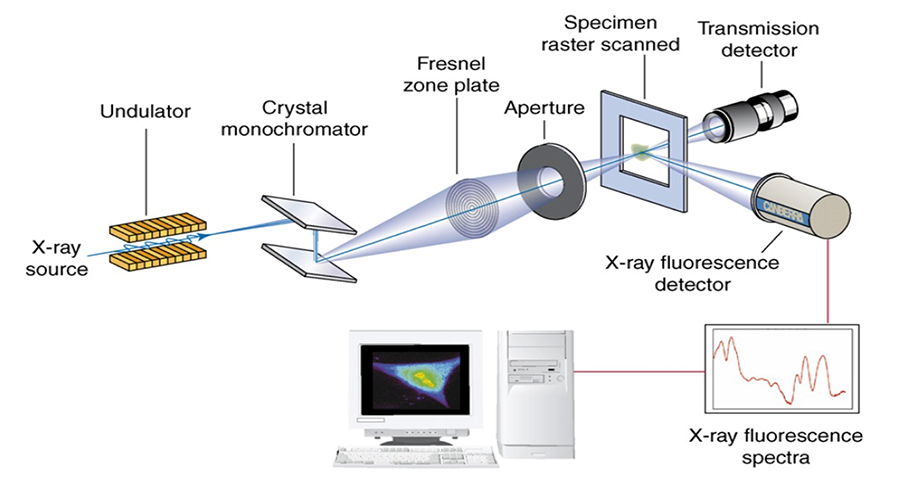
The faculty, graduate students, and undergraduate students in the Biological Physics Group draw from the full range of physics-based theoretical and experimental techniques:
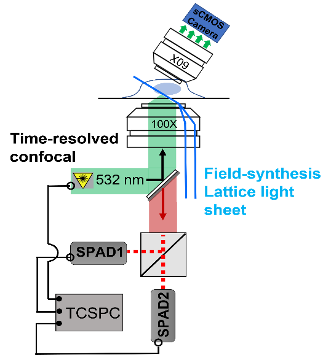 Current theoretical interests include electronic structure in metalloproteins
Current theoretical interests include electronic structure in metalloproteins- Density functional theory of biomolecules
- Biomolecular nanostructures
- Biological Mossbauer
- EPR and X-ray spectra simulations
- Molecular magnetism
- Cellular computation
- Molecular clustering
- Cell-cell communication
- Cell signaling thermodynamics
- Biological networks
- And information theory.
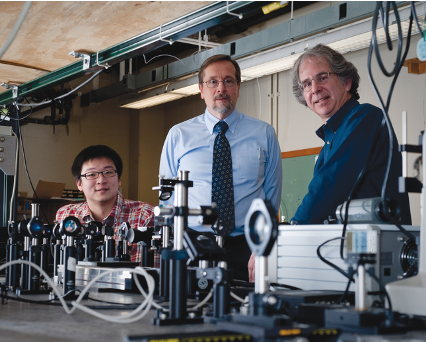 Experimentalists conduct research in modeling real nervous systems and learning and memory in simple neural systems, vibrational properties of metalloproteins and other biomolecules, Nuclear Resonant Vibrational Spectroscopy of heme proteins, resonant Raman scattering and FTIR of cytochromes and heme compounds, terahertz time-delay spectroscopy macromolecule vibrations, single molecule spectroscopy of photosynthetic complexes (PS I), and live cell, single molecule imaging of membrane molecule dynamics and interactions.
Experimentalists conduct research in modeling real nervous systems and learning and memory in simple neural systems, vibrational properties of metalloproteins and other biomolecules, Nuclear Resonant Vibrational Spectroscopy of heme proteins, resonant Raman scattering and FTIR of cytochromes and heme compounds, terahertz time-delay spectroscopy macromolecule vibrations, single molecule spectroscopy of photosynthetic complexes (PS I), and live cell, single molecule imaging of membrane molecule dynamics and interactions.
Faculty Specializing in Biological Physics
Experimental
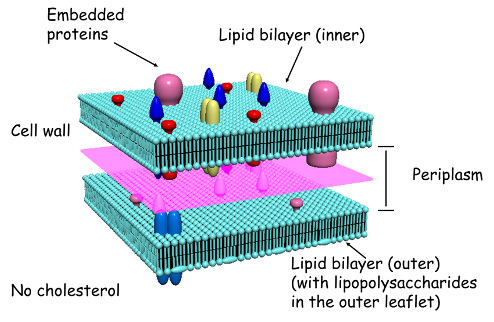
Research Groups and Facilities
- Adaptive Optics and Biophotonics Group
- Bindley Bioscience Center
- Biophotonics
- Single Molecule Biophysics
- Pushkar Research Group
- Liu Research Group
- Low-Nam Research Group